If you have a sibling, you know how hard it can be. If you have a sibling, you know how awesome it can be. Siblings can be the greatest gift or the worst curse given what type of a relationship you share with them. Let’s explore the different types of siblings and the relationship dynamics we share with them.
10 Types of siblings
If you have a sibling, you know how important they are to you, whether you like them or not. Let’s take a look at the different types of siblings and what type of dynamic we may share with each one of them –
1. The protector
In healthy families, siblings, especially the older ones, tend to be caring, supportive and protective. Protective siblings look out for their brothers and sisters and prioritize each other’s well-being. They may feel a strong sense of responsibility for their sibling and may be quick to defend them against outside threats.
Protective siblings tend to be raised in healthy, functional households where they were encouraged to take care of each other or where they experienced a shared challenge, such as a parent’s illness or addiction.
Their personality may also play an important role as some individuals are naturally more nurturing and protective than others. This is one of the most common types of siblings relationship.
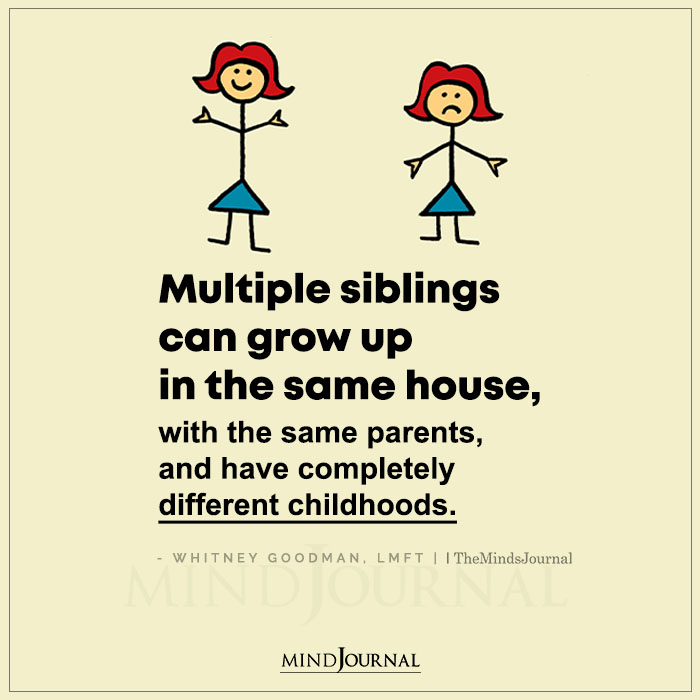
2. The rival
Ah yes, the rival sibling who is always fighting with their siblings, no matter what. Rivalrous siblings may have a competitive or jealous relationship. They may feel the need to compete with the other sibling for attention, praise, or resources.
Such types of siblings may tend to argue frequently or engage in petty disputes with their brothers or sisters.
Rivalrous siblings usually grow up in dysfunctional families where arguments and conflicts are prevalent. Their parents may encourage competition or this may occur due to a lack of resources or attention.
They may also be influenced by their personality types, as some individuals are naturally more competitive than others.
Related: What Sibling Abuse And Bullying Looks Like: Identifying Signs and Long Term Effects
3. The best friend
This is perhaps the best type of sibling relationship as they share a close bond with each other. The friendly sibling loves spending time with their siblings, taking them on adventures, doing mischief and just having some good ol’ family fun.
They may share similar interests, have a similar sense of humor, or just genuinely enjoy each other’s company. Such close-knit siblings are often very supportive of each other and may have a deep understanding of each other’s needs and feelings.
Siblings who are friends may have grown up in a household where they were encouraged to spend time together and foster their relationships. They may also have experienced challenges together, such as the death of a parent or parental divorce, which has strengthened their bond.
4. The needy one
Also known as an enmeshed sibling, they have a relationship that is overly close or intertwined. They may struggle to establish boundaries or to differentiate themselves from their siblings.
Enmeshed siblings may have difficulty making decisions or pursuing their own interests, as they are often influenced by the opinions or needs of their other siblings.
These types of siblings may have been raised in a family where boundaries were not well-established or where there was a lack of individuality. They may also be naturally more dependent or reliant on others than their siblings.
5. The estranged one
Some siblings have a distant or strained relationship as they prefer to walk away from the family. These siblings may have grown apart over time or experienced a falling out. They may have limited contact or no contact at all with their family and their siblings.
Estranged siblings are often deeply influenced by constant conflict or tension in the household. They may have experienced a significant event, such as a betrayal or a disagreement, that caused their relationship to deteriorate.
On the other hand, they just may naturally tend to be more independent or conflict-averse than others.
Related: 5 Moments When You Are Most At Risk of Sibling Estrangement
6. The caretaker
Caretaker siblings often take on a caregiving role for their other siblings. They may have a sibling who is disabled, ill, or struggling with addiction. Caretaker siblings may take on responsibilities such as cooking, cleaning, or managing medical care.
Caretaker siblings may have been raised in an environment where caregiving was normalized or where they witnessed a parent or other family member taking on a caregiving role. They may also have a more nurturing or empathetic personality that drives them to take care of their siblings.
7. The detached one
Detached siblings have a relationship that is distant or lacking in emotional connection. This may be due to their own preference to live a solitary life or to be more independent. They are typically emotionally detached from their siblings, even though they may see each other quite frequently.
However, they may have little contact with their brothers and sisters or may not be involved in their lives. Detached siblings may have difficulty in openly expressing their emotions or they may have lacked opportunities to spend time together with their siblings during their childhood.
They may also be shy and have an introverted personality which makes them aloof and isolated.
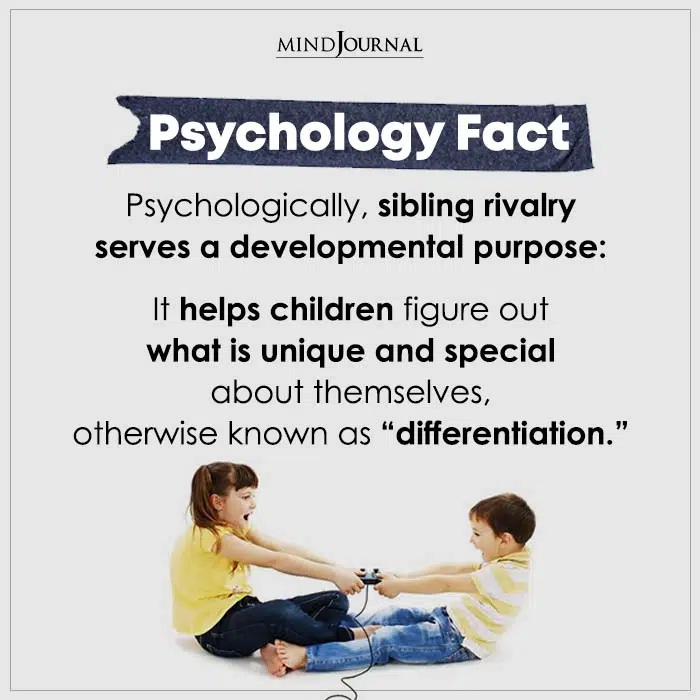
8. The competitor
Just like the rival siblings, competitive siblings have a relationship that is based on a constant need to one-up their other siblings. Competitive siblings may feel a need to prove themselves or to be the “better” sibling.
Unlike rival siblings, they may engage in a more friendly competition. However, they may become hostile when they lose the competition.
Competitive siblings may have grown up in a household where competition was encouraged or where they felt a need to prove themselves to their parents or seek their approval and validation. They may also be naturally more achievement-oriented and competitive than their siblings.
Related: 7 Warning Signs You Have A Toxic Sibling
9. The supportive one
Supportive siblings provide emotional support and encouragement to their siblings, especially when they need it the most.
They may offer advice, listen without judgment, or provide a shoulder to cry on. Supportive siblings may be particularly important during difficult times, such as the loss of a loved one or a personal crisis.
Supportive siblings may have grown up with parents who have taught them the importance of emotional support or they may have witnessed a family member providing support to others. They may also be more empathetic or compassionate than others in general.
10. The third parent
These siblings take on a parental role for the other siblings. They may provide financial support, emotional support, or other types of assistance. They are particularly common in families where one or both parents are absent or unavailable.
These types of siblings may have experienced a lack of parental support while growing up or they may have felt a need to take care of their family members due to their household circumstances. However, they may also be instinctively more nurturing or responsible.
Related: Why Your Older Sister Is The Best Person To Have Around
Siblings enrich our lives
Friend or Foe? BOTH! That’s what siblings are. And the vibe we share with our siblings matters… a LOT!
Siblings fight. There’s nothing new in that. But siblings also protect you, guide you and make you laugh.
While you may still fight over the remote or the tub of ice-cream that went missing from the fridge, you would still stand up to defend and protect your sibling when needed. That’s the power of the bond we share with our brothers and sisters.
Studies have shown that siblings play a crucial role in each other’s daily lives as combatants, confidantes, companions and social comparisons.
As sibling relationships are influenced by a number of factors, such as family dynamics, attachment styles, child characteristics and even cultural norms and values, different types of sibling dynamics can emerge within a family among different siblings.
The study explains that “siblings can have direct effects on one another’s development when they serve as social partners, role models, and foils and that siblings can influence one another indirectly by virtue of their impact on larger family dynamics.”
Further studies have shown that the quality of sibling relationships help in supporting the development of –
- Social understanding
- Peer acceptance and social competence
- Academic engagement and educational attainment
- Intimate relationships in adolescence and young adulthood
- Mental health in old age
The researchers found that even though sibling contact may decrease as we age and get busy with our lives, the relationship we share with our sibling will continue to influence our adult well-being.
“It is for good reason that the terms ‘sisterhood’ and ‘brotherhood’ are used to connote cohesion and support, even among biologically unrelated individuals,” explain the researchers.
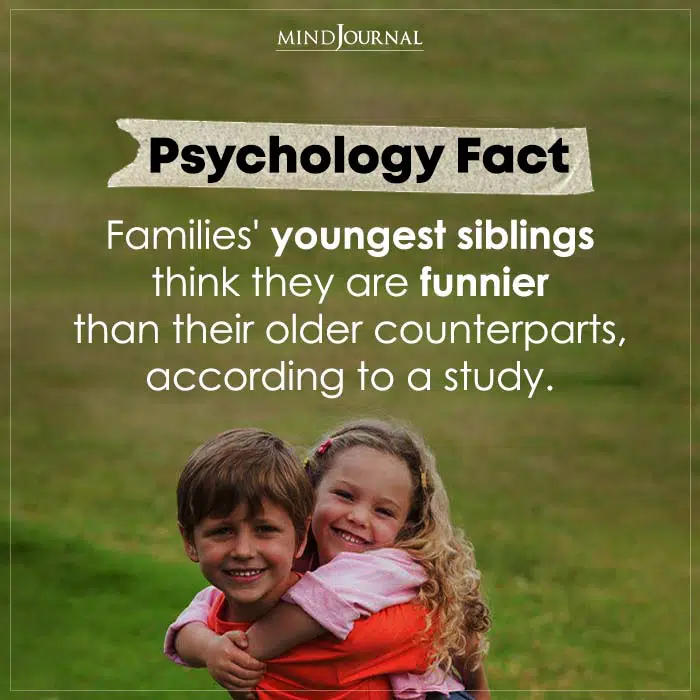
In fact, studies have found that adult individuals who have grown up without a sibling tend to have “less frequent social activities”, as compared to adults with a sibling.
So regardless of the type of relationship dynamic you share with your brother or sister, they have always played an important role in your life and they always will.
Perhaps this is the reason why sibling relationships tend to be “the longest-lasting relationship” in an individual’s life.
Related: Get Ready To LOL: 30+ Hilarious Siblings Day Memes To Celebrate An Unbreakable Bond
Strengthen your bond with your sibling
Sibling relationship dynamics can vary greatly, depending on a number of factors such as birth order, personality, age gap, family dynamics, and life experiences.
Understanding the different types of sibling relationship dynamics can help us better navigate our own relationships with our siblings and appreciate the unique bond that we share.
From the competitive siblings to the supportive siblings, each dynamic has its unique strengths and challenges.
Whether you’re close with your siblings or have a more distant relationship, recognizing and valuing the strengths and challenges of your sibling relationships can help you appreciate the unique bond that you share.
So go ahead and give your sibling a call, and let them know how much you appreciate them.
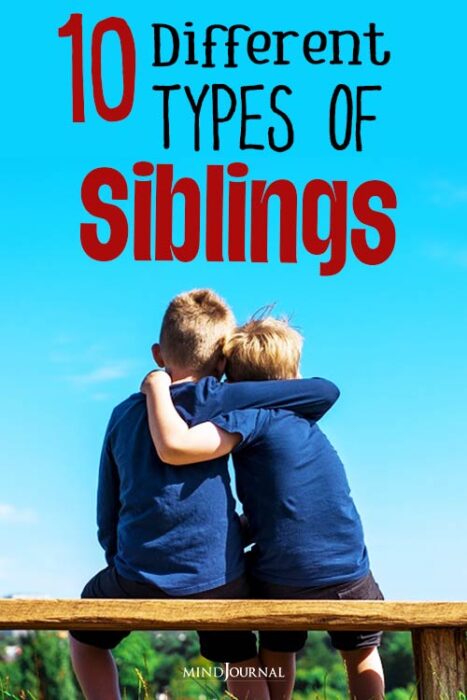
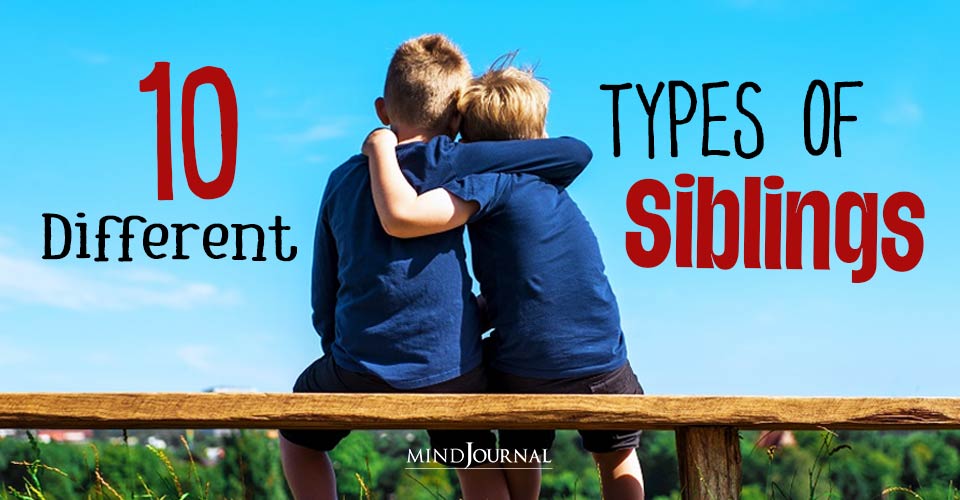







Leave a Reply
You must be logged in to post a comment.